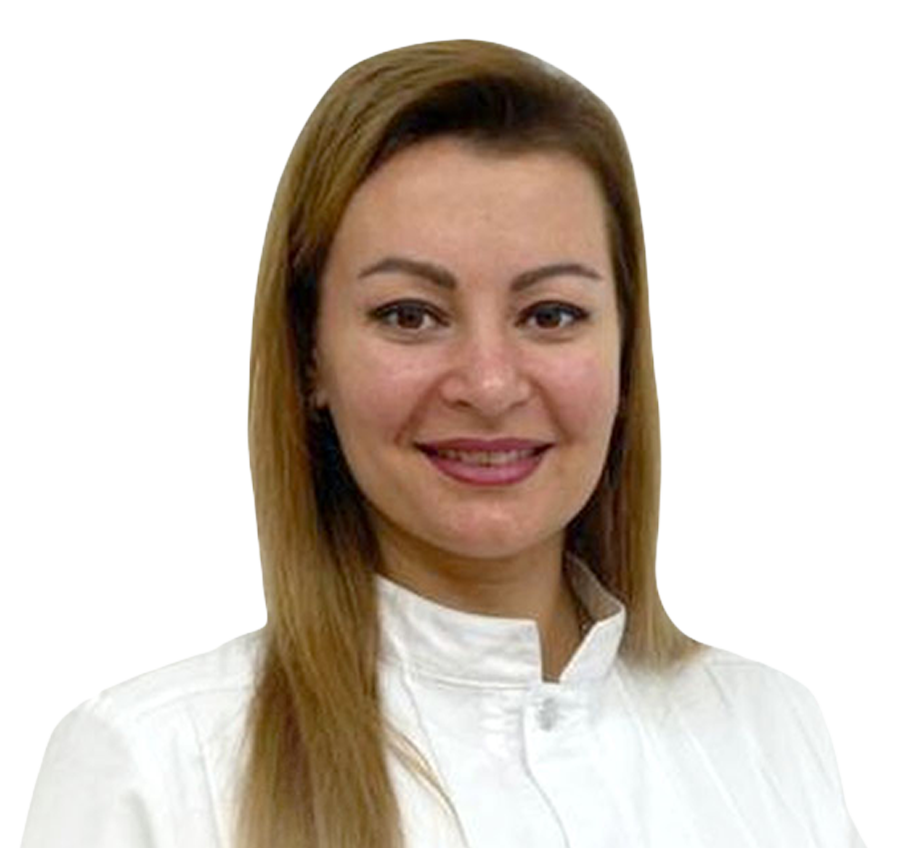You’re not alone in dealing with acne—it’s a common concern for many, and managing it effectively involves a mix of preventative measures and targeted treatments. Here’s a comprehensive guide to help you prevent acne breakouts and handle existing pimples:
Understanding Acne: Acne typically occurs when hair follicles become clogged with oil and dead skin cells, creating an ideal environment for bacteria to thrive. Factors like hormonal changes, genetics, diet, stress, and skincare products can contribute to acne.
Preventative Measures
Cleansing Routine
- Gentle Cleansing: Use a mild cleanser suitable for your skin type (oily, dry, combination) twice a day to remove excess oil and impurities without stripping natural oils.
- Avoid Over-washing: Washing excessively can irritate the skin, triggering more oil production and worsening acne.
Hydration and Diet
- Stay Hydrated: Drink plenty of water to keep your skin hydrated and flush out toxins.
- Balanced Diet: Incorporate fruits, vegetables, whole grains, and lean proteins. Limit sugar and processed foods as they can spike insulin levels, leading to increased oil production.
Skincare Products
- Non-comedogenic Products: Choose skincare and makeup labeled as non-comedogenic, meaning they won’t clog pores.
- Sunscreen: Use oil-free, non-comedogenic sunscreen to protect your skin from UV damage.
Lifestyle Changes
- Hands Off: Avoid touching your face to minimize transferring bacteria and irritants from your hands.
- Manage Stress: Stress can aggravate acne. Practice stress-reducing activities like yoga, meditation, or hobbies you enjoy.
Treating Existing Pimples
Spot Treatments
- Benzoyl Peroxide: Effective for killing acne-causing bacteria.
- Salicylic Acid: Helps unclog pores and reduce inflammation.
- Sulfur: Reduces oiliness and unclogs pores.
Over-the-Counter Solutions
- Topical Creams and Gels: Look for products containing retinoids or alpha hydroxy acids to promote cell turnover and prevent clogged pores.
- Patches: Hydrocolloid patches can absorb fluid from pimples, reducing their size and redness.
Professional Treatments
- Dermatologist Consultation: A dermatologist can provide tailored treatments such as prescription-strength creams, antibiotics, or procedures like chemical peels or laser therapy.
Lifestyle Adjustments
- Diet Modification: Some individuals find that reducing dairy or high-glycemic foods helps improve their acne.
- Picking Avoidance: Avoid picking or squeezing pimples as it can lead to scarring and spread bacteria.


